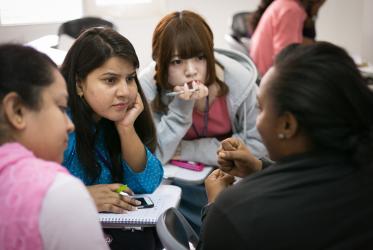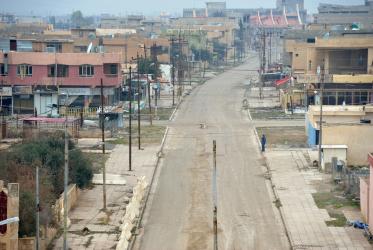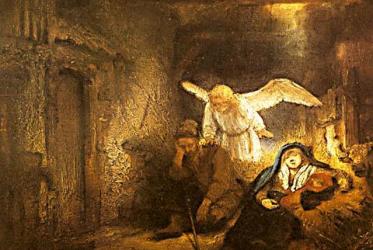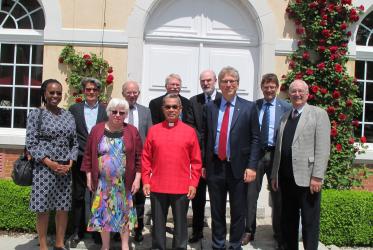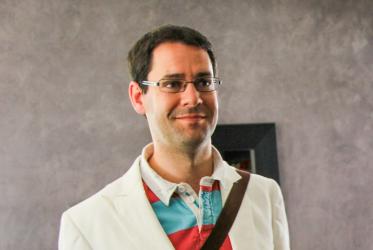Displaying 61 - 80 of 152
WCC delegation visits China
04 January 2018
“Energy is a gift of God”
06 September 2017
WCC general secretary speaks on religion and discrimination
14 February 2017
Second Bible study on stateless persons available for Advent use
08 December 2016
Faith communities explore concrete climate action at COP22
10 November 2016
Grand Imam calls for collaboration against violence and poverty
06 October 2016
Honest talk blossoms between youth, theologians in Cote d’Ivoire
14 September 2016
Panel discussion fields ideas on European identity
26 April 2016
Catholic-WCC group pursues new mandate
13 April 2016
Symposium focuses on religion, violence, extremism
04 February 2016
